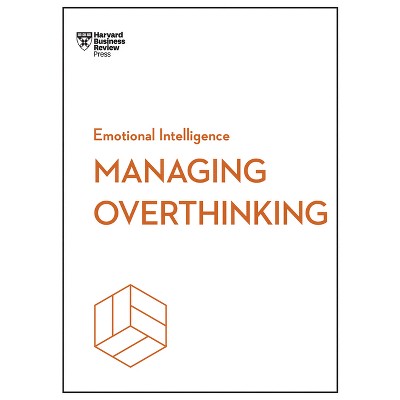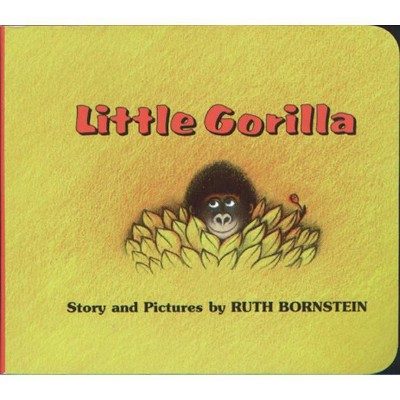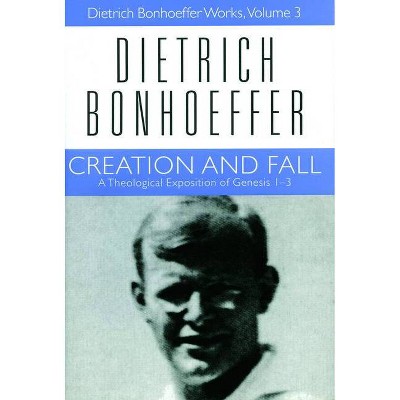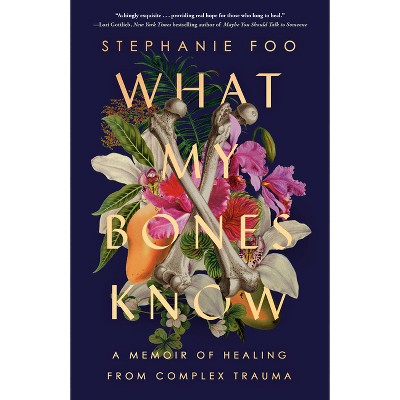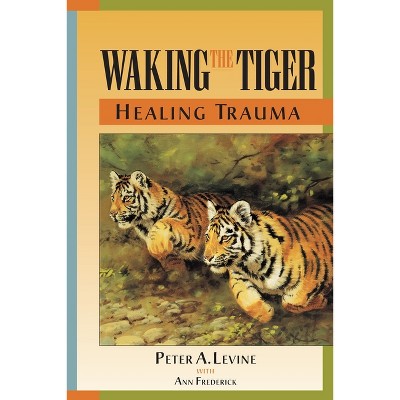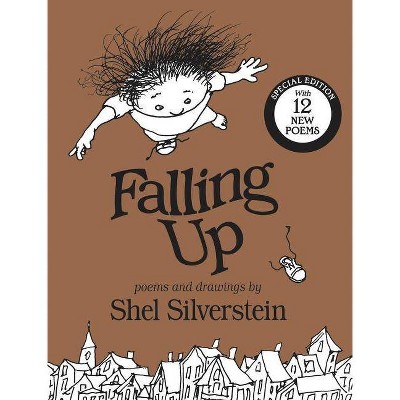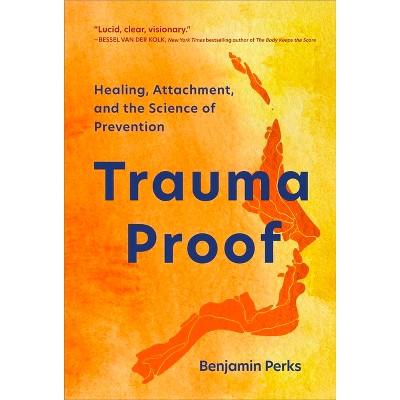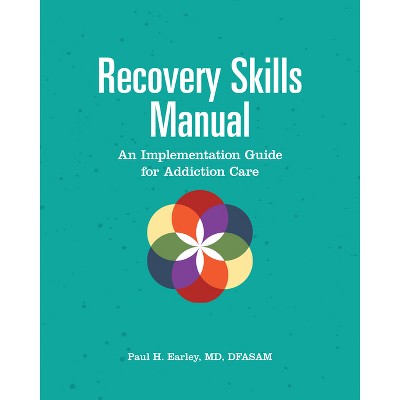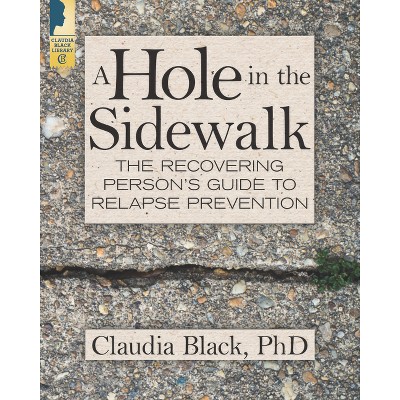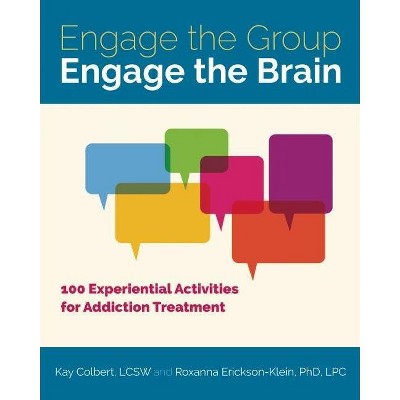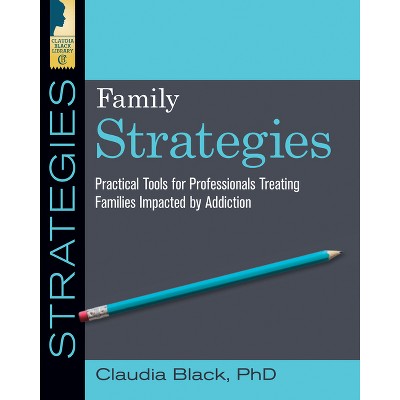Sponsored

The Trouble with Trauma - by Michael Scheeringa (Paperback)
In Stock
Sponsored
About this item
Highlights
- The Trouble with Trauma is the story of how the idea of psychological trauma appeals to the human mind.Trauma impacts many people psychologically, but the evidence on the long-term physical effect is incomplete.
- About the Author: Michael S. Scheeringa, MD, currently works as a tenured professor at Tulane University School of Medicine in New Orleans, LA as an endowed chair and the Vice Chair of Research.
- 242 Pages
- Psychology, Psychopathology
Description
About the Book
Dr. Scheeringa questions the long-term physical effects of complex trauma and how we humans choose to ignore scientific evidence and practice self-deception based on heuristics for survival.Book Synopsis
The Trouble with Trauma is the story of how the idea of psychological trauma appeals to the human mind.
Trauma impacts many people psychologically, but the evidence on the long-term physical effect is incomplete. Theories that psychological trauma can permanently damage your brain, cause physical disease, and change your essential character have become staples of human thought worldwide.
Dr. Scheeringa explains how those theories are widely believed whilst not being true, and at the heart of the story is an explanation of how humans choose to ignore scientific evidence and practice self-deception based on heuristics for survival. Heuristics is a rapid and efficient method to make judgments about threatening situations, which may be especially relevant during an epidemic and the spread of misinformation.
But The Trouble with Trauma is more than a critique of social policy. This is a book for anyone who wants a better understanding on how groupthink and herd mentality works and improves our ability to understand scientific fact. Dr. Scheeringa sheds light on why we choose to ignore scientific evidence while engaging the reader in a lively conversation on how we come to believe.
Review Quotes
"Michael Scheeringa has written a provocative and refreshing perspective on the interplay between facts and beliefs. He draws on analyses of heuristics and biases . . . complemented with deeper psychiatric insights drawn from his extensive knowledge and expertise in the treatment of post-traumatic stress disorder. The Trouble with Trauma not only offers innovative insights about the nature and challenges of stress and trauma, it also represents an overarching critique of the ways in which groupthink and other social influences can widen the gap between beliefs and evidence, shifting established expert opinions away from an objectively scientific path. Scheeringa's book is rich with colourful examples of hoaxes and canards and is an engaging and timely contribution to the growing literature exploring the ways in which experts can get things wrong."--Michelle Baddeley, author of Copycats and Contrarians: Why We Follow Others . . . and When We Don't "Professor Scheeringa is a pre-eminent figure in the field of children's, particularly young children's, reactions to psychological trauma. His vital work in this area is guided by a devotion to science and evidence. Psychological trauma and one possible outcome after trauma, post-traumatic stress disorder (PTSD), rightly feature heavily in the public consciousness, and a powerful response to these issues is expected. But what if our responses to psychological trauma are not appropriate? In this book, Professor Scheeringa considers whether some ways of thinking about trauma, and our subsequent attempts at ameliorating its impact, may be compromised. Moreover, he explores how our thinking about trauma may have become distorted. Victims of trauma deserve the very best care, but this must mean evidence-based care. Professor Scheeringa's criticisms warrant our close attention."--Professor Richard Meiser-Stedman, Department of Clinical Psychology and Psychological Therapies, Norwich Medical School, University of East Anglia, UK
About the Author
Michael S. Scheeringa, MD, currently works as a tenured professor at Tulane University School of Medicine in New Orleans, LA as an endowed chair and the Vice Chair of Research. He has been active as both a practicing clinician and a researcher for over twenty-three years as the principal investigator on five large, federally funded research projects on the topic of PTSD in children and adolescents. He has worked with over 500 patients and families with PTSD. Much of this work has been conducted with very young children, which has given him a unique developmental perspective. This work has led to more than sixty-five scientific articles and more than 120 lectures and workshop trainings around the US and for international audiences. He has developed multiple assessment measures that have been translated into seven languages. His CBT manual and DIPA diagnostic interview have been distributed to over 1,000 clinicians in more than twenty countries. He has been a consultant to several national efforts, including the National Academy of Sciences and the DSM-5.
